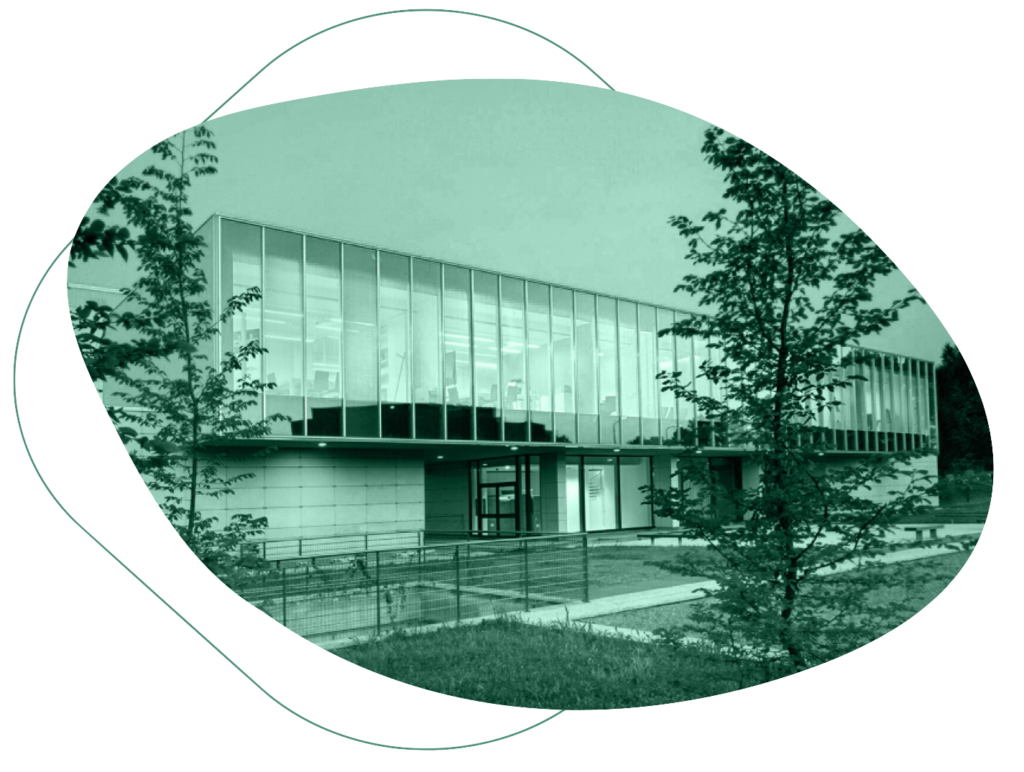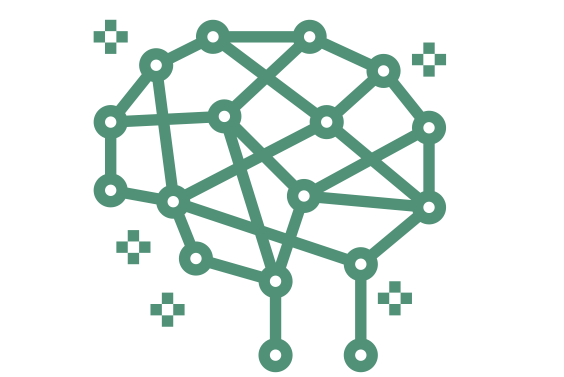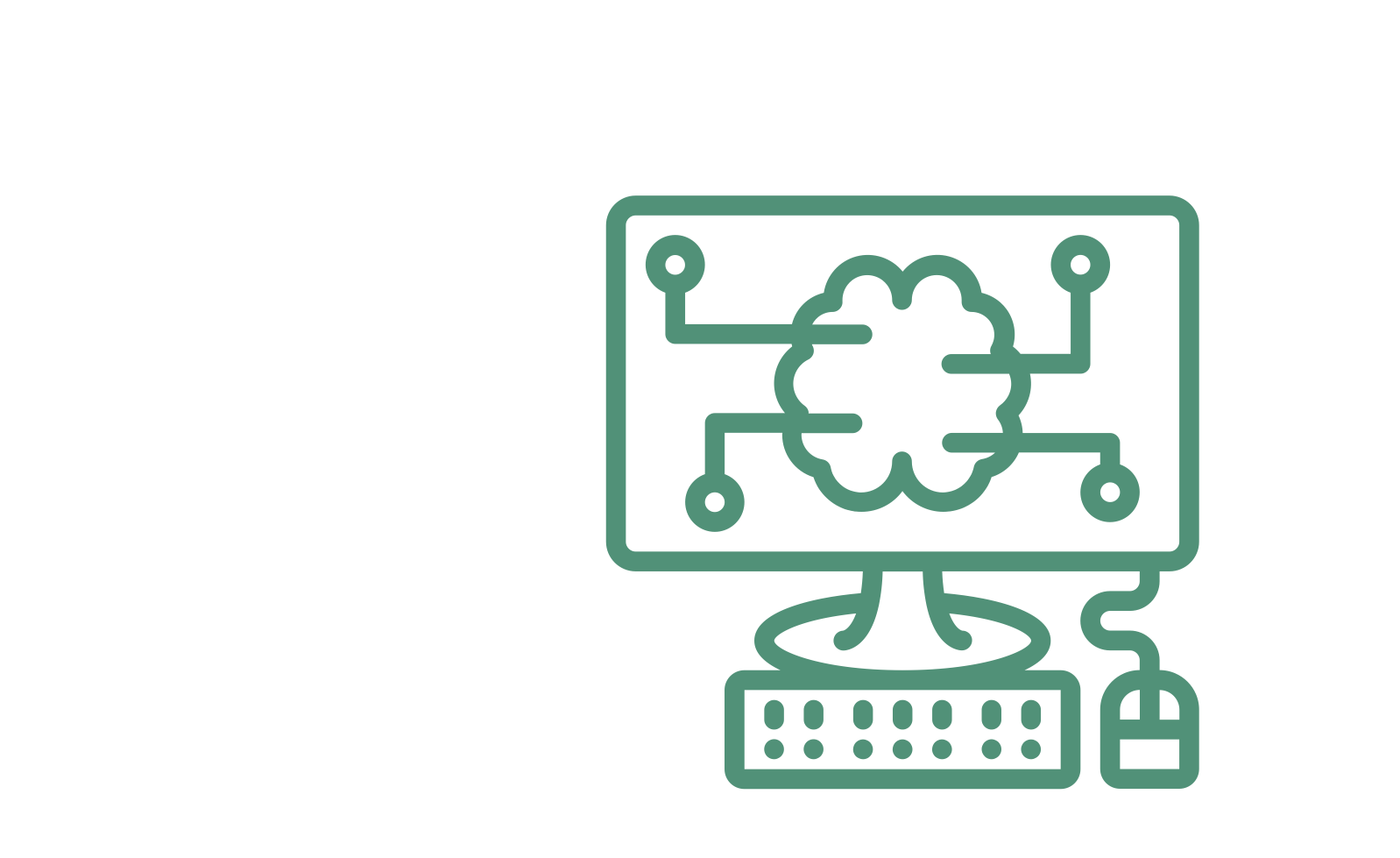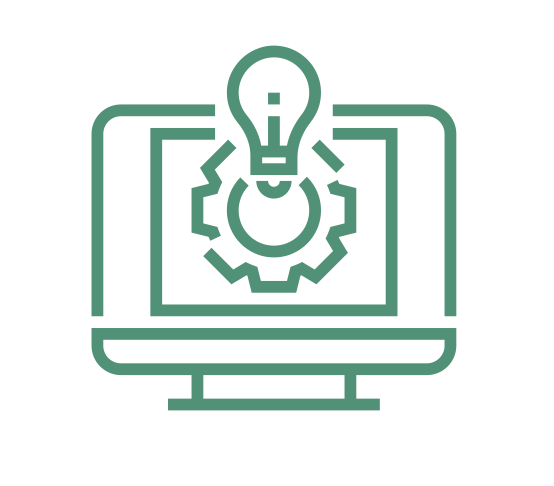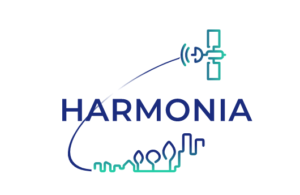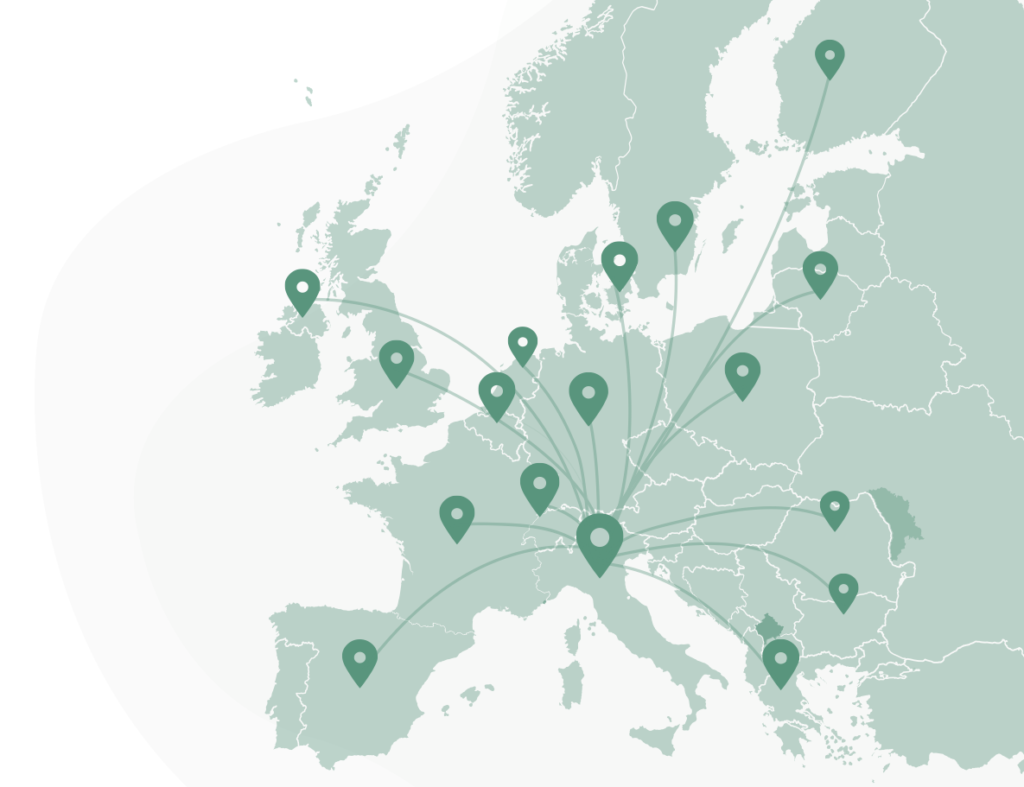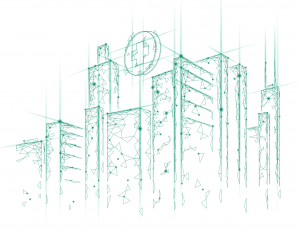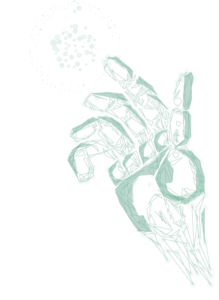Our commitment in Europe
Looking for new opportunities and partnerships?
We are ready to innovate the healthcare industry in Europe with you
Our AI Center has extensive experience in attracting funding from the European Commission and running the resulting projects in the health and technological challenges.
Who we are
Humanitas Research Hospital is a highly specialized teaching and research hospital. It combines specialized centers for the treatment of cancers, cardiovascular diseases, neurological and orthopaedic disorders, as well as an Ophthalmology Center and a Fertility Center. The Hospital is also equipped with Emergency and Radiotherapy areas, and is also home for HUNIMED, Humanitas University.
Humanitas AI Center is a growing team of data scientists, doctors, digital experts and managers working together, shaping the future of care and research. Strategically located within Humanitas complex in Rozzano, the AI Center is built to improve diagnostic processes and to give decision-making support for doctors, reducing the costs in terms of time and money for the management and improve the overall quality of patient’s journey. Our expertise includes, but is not limited to, the areas of Data Science and Omics, Computer Vision, Natural Language Processing.
Our assets
ACCESS TO DATA AND HARMONIZATION
Our machine learning models learn from doctors, experience and real world data. We have access to one of the most organized clinical dataset in Europe and a collection of data based on the clinical records coming from the different departments and centers of our Hospital. Depending on the specific query and research activity, data could be already available and harmonized. Our data scientists are able to work with different data structures and formats.
TRANSLATIONAL MEDICINE AND TECHNOLOGY TRANSFER
The proximity between clinic and research creates a natural accelerator for identifying and answering clinical and technological needs. We are interested in research activities as well as tech transfer. The AI Center supports third parties in the validation process of data-driven solutions from the definition of the requirements and minimum dataset to the research protocol submission, as well as actual project development and contact with clinicians.
MULTIDISCIPLINARY TEAM
Our ultimate goal is improving care’s quality. Doctors and engineers work side by side in order to build new models that integrate the clinical experience with data scientists’ technical knowledge, healthcare management skills and talents from all around the world. Team work and hard commitment are some of the values that characterize the AI Center, as well as multidisciplinary collaborations within our Institution and external partners.
Our EU funded projects (H2020, PPPA)
Horizon Europe – Humanitas AI Center
In 2020, we submitted several proposals and four of them were selected for funding (about 20mln€ overall funding).
The first deadlines for the 2022 topics of Horizon Europe – Cluster Health are in February 2022 for two-stage proposals and in April 2022 for one-stage proposals. We have identified several calls that we consider particularly relevant to our expertise, knowledge and network. For each of them, we believe that we can cooperate with our internal departments and clinicians, as well as create synergies with our current and new partners. Below, please find a brief summary of our pillars and the indication of potential topics where we would like to build and submit proposals.
Our pillars and interests
Real World Data, Omics & Natural Language Processing
Artificial Intelligence is increasingly being adopted across the healthcare industry, and some of the most exciting AI applications leverage Real World Data, –omics and natural language processing (NLP). Humanitas AI Center can rely on a team capable to performing different analyses, develop models or extract information from several sources as well as perform the harmonization of such datasets. Our goal is to make the best use of the state-of-the-art knowledge and resources in order to address the patient, healthcare provider and practitioner current needs.
Relevant calls of interest (2022):
- HORIZON-HLTH-2022-DISEASE-06-04-two-stage: Development of new effective therapies for rare diseases;
- HORIZON-HLTH-2022-IND-13-02: Scaling up multi-party computation, data anonymisation techniques, and synthetic data generation;
- HORIZON-HLTH-2022-TOOL-11-02: New methods for the effective use of real-world data and/or synthetic data in regulatory decision-making and/or in health technology assessment;
- HORIZON-HLTH-2022-TOOL-12-01-two-stage: Computational models for new patient stratification strategies;
- HORIZON-CL4-2022-HUMAN-01-01: AI for human empowerment (AI, Data and Robotics Partnership).
Prediction, Prevention, Diagnosis and Treatment of Diseases
Risk assessment and prediction of outcomes have become essential in the prevention of health diseases to both estimate prognoses in an unbiased and reliable way and to support informed treatment decisions. The AI Center is currently working on algorithms for early identification of high-risk individuals as well as predictive algorithms for the disease development. Additionally, decision-support systems for diagnosis, risk stratification and identification of personalized therapies are currently being developed by the synergic work of the different sub-teams of the AI Center.
Relevant calls of interest (2022):
- HORIZON-HLTH-2022-STAYHLTH-01-04-two-stage: Trustworthy artificial intelligence (AI) tools to predict the risk of chronic non-communicable diseases and/or their progression;
- HORIZON-HLTH-2022-STAYHLTH-01-05-two-stage: Prevention of obesity throughout the life course;
- HORIZON-HLTH-2022-STAYHLTH-02-01: Personalised blueprint of chronic inflammation in health-to-disease transit;
- HORIZON-HLTH-2022-TOOL-12-01-two-stage: Computational models for new patient stratification strategies.
Imaging and Computer Vision Applied to Medical Imaging
The research in computer vision, image processing, and pattern recognition has made substantial progress during the past several decades. Medical imaging has attracted increasing attention in recent years due to its vital component in healthcare applications. Humanitas AI Center is currently working on algorithms for automatic classification, detection and segmentation, mainly on CT Scans, Microscopy and Histopathologic Imaging, with focus on identification of imaging biomarkers for Covid-19, stratification of Covid-19 cases and severity as well as identification of cells, textures or patterns.
Relevant calls of interest (2022):
- HORIZON-HLTH-2022-IND-13-02: Scaling up multi-party computation, data anonymisation techniques, and synthetic data generation;
- HORIZON-HLTH-2022-TOOL-11-02: New methods for the effective use of real-world data and/or synthetic data in regulatory decision-making and/or in health technology assessment;
- HORIZON-HLTH-2022-TOOL-12-01-two-stage: Computational models for new patient stratification strategies;
- HORIZON-CL4-2022-HUMAN-01-01: AI for human empowerment (AI, Data and Robotics Partnership).

